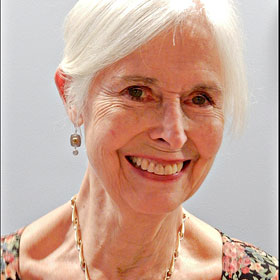Children of the New World: A Novel of the Algerian War, by Assia Djebar
Original title: Les Enfants du nouveau monde.
Published by The Feminist Press at CUNY.
New York, New York: 2005
“Children of the New World,” the third novel by the Algerian writer Assia Djebar, was published in France in 1962, but Marjolijn de Jager’s lovely translation is its first appearance in English. Following several inter-related inhabitants of an Algerian town called Blida on a day in May 1956, in the second year of the Algerian war for independence, the narrative begins with the death of an old woman in the courtyard of her house, killed by a falling bomb fragment, and ends with the insurgents in the mountains. Other characters, who encounter one another in the center of town, the place d’ armes, suggest the variety of its populace: there are traditional women and emancipated ones, religious and secular men, intellectuals and shopkeepers, French and Algerian supporters and opponents of independence. None are simple people: the French police chief is tired of the war and counts the years until he can go home; the Algerian policeman hates to torture suspected partisans; the least sympathetic character, an Algerian informer, is a young woman. Women occupy a lot of space in the novel, with unpredictable complications. A veiled woman proves braver than a westernized one, while a young radical treats a woman even more cruelly than a hyper-religious shop assistant does. Djebar’s point of view is feminist and anti-colonial, but her novel is no propaganda piece. Even as she fervently supports Algerian independence, she makes it clear that in the new world opening up before them the people of Blida won’t necessarily live happily ever after.
– New York Times Book Review, 3/5/06

